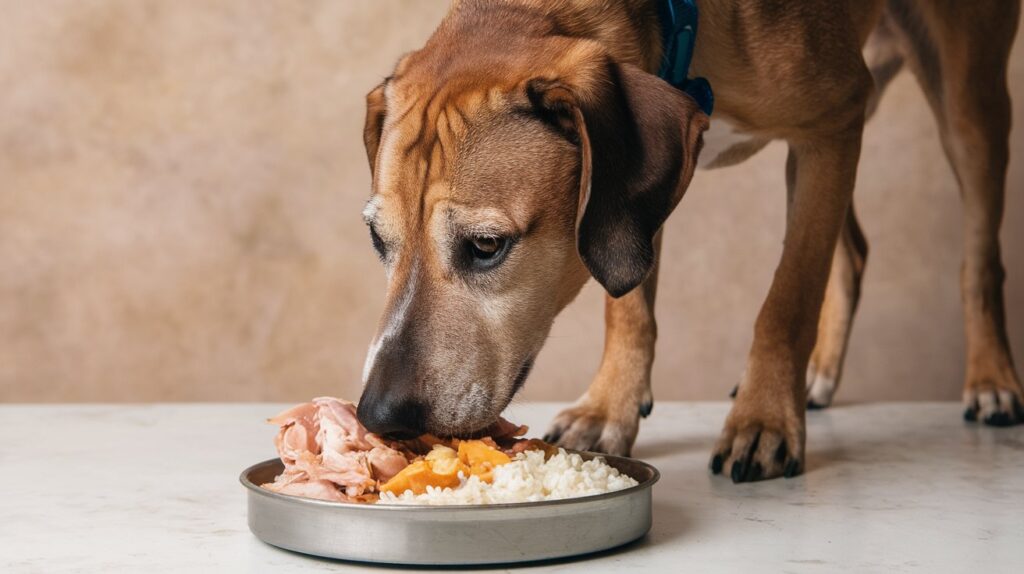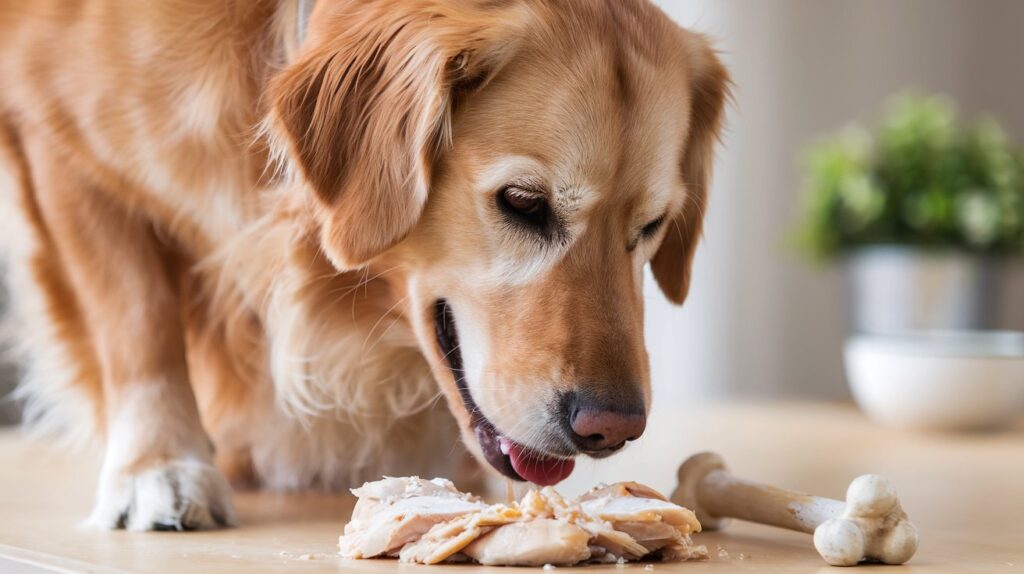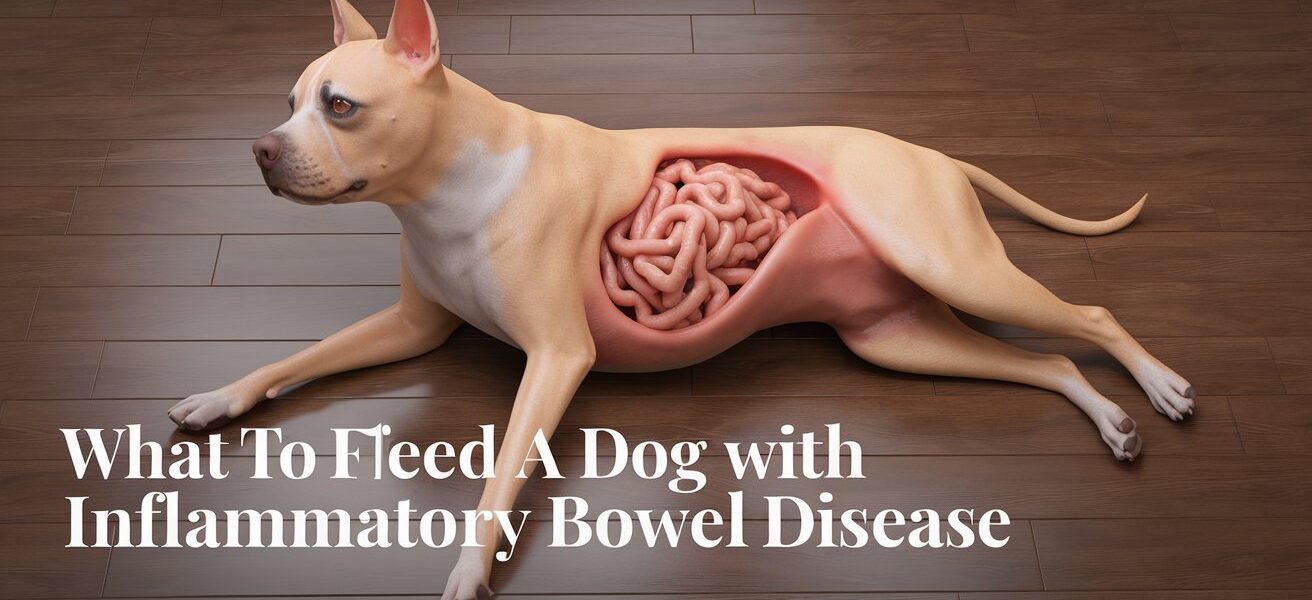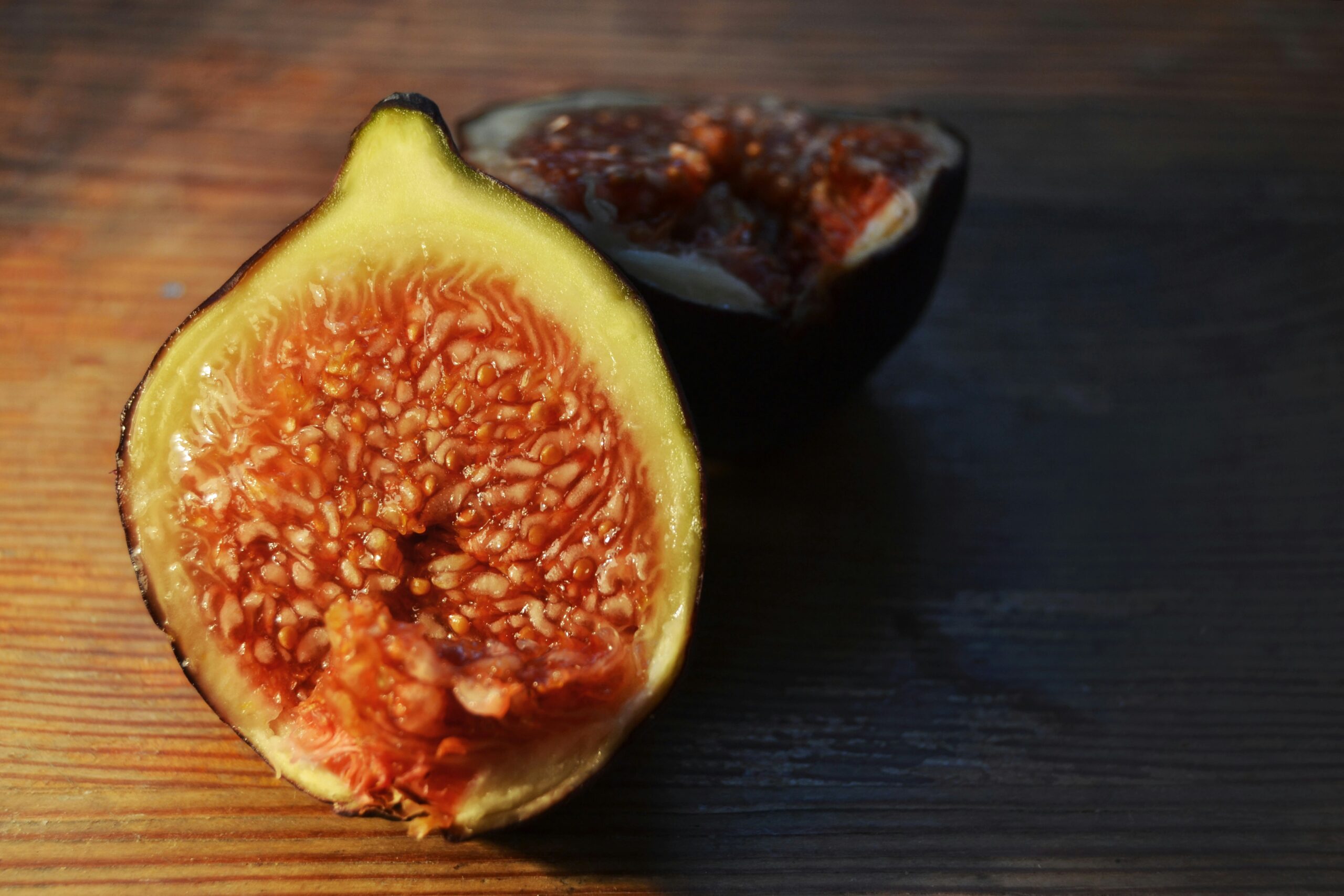what to feed a dog with inflammatory bowel disease?
Inflammatory Bowel Disease (IBD) in dogs is a chronic condition that affects the gastrointestinal tract, leading to discomfort and nutritional challenges. Proper diet management plays a crucial role in alleviating symptoms and enhancing the quality of life for dogs suffering from this condition. In this article, we will explore the best dietary practices for managing IBD in dogs, including recommended foods, foods to avoid, and practical tips for feeding.
Understanding Inflammatory Bowel Disease in Dogs
Causes of IBD in Dogs
Inflammatory Bowel Disease in dogs can result from various factors, including genetics, immune system dysfunction, or environmental triggers. While the exact cause remains unknown, it is believed that a combination of these factors leads to chronic inflammation of the intestines.
Symptoms of IBD
Common symptoms of IBD in dogs include chronic diarrhea, vomiting, weight loss, and abdominal pain. These symptoms may vary in severity, making early diagnosis and treatment essential for managing the condition.
Diagnosis and Treatment
Diagnosing IBD requires a thorough examination by a veterinarian, including blood tests, imaging, and sometimes biopsies. Treatment typically involves a combination of dietary management, medication, and, in severe cases, surgical intervention.

Nutritional Needs of Dogs with IBD
Importance of Diet Management
Diet plays a pivotal role in managing IBD in dogs. A well-balanced diet tailored to the specific needs of a dog with IBD can significantly reduce symptoms and improve overall health.
Nutritional Requirements
Dogs with IBD require a diet that is easily digestible and low in fat. High-quality protein sources and fiber are essential to support digestive health and reduce inflammation.
Role of Supplements
Supplements such as omega-3 fatty acids, probiotics, and digestive enzymes can provide additional support in managing IBD. These supplements help reduce inflammation, promote healthy gut flora, and improve nutrient absorption.
Best Foods for Dogs with IBD
Prescription Diets
Veterinarians often recommend prescription diets specifically formulated for dogs with gastrointestinal issues. These diets are designed to be highly digestible and contain balanced nutrients to support overall health.
Homemade Diets
For some dogs, homemade diets may be the best option. These diets allow pet owners to control the ingredients and ensure that the food is free from potential irritants. It’s essential to work with a veterinarian or a pet nutritionist to create a balanced diet that meets the dog’s nutritional needs.
Commercial Dog Foods Suitable for IBD
Certain commercial dog foods are suitable for dogs with IBD. Look for options labeled as hypoallergenic or limited ingredient diets, as they are typically formulated to minimize digestive issues.

Foods to Avoid
Common Irritants
Certain ingredients can exacerbate IBD symptoms in dogs. Common irritants include artificial preservatives, dyes, and low-quality protein sources such as by-products and fillers.
Ingredients to Look Out For
It’s essential to read labels carefully and avoid foods that contain grains, gluten, or excessive fat. These ingredients can be challenging for dogs with IBD to digest and may trigger flare-ups.
Sample Meal Plans
Daily Feeding Schedules
Feeding smaller, more frequent meals can help manage IBD symptoms. A typical schedule might involve feeding your dog three to four times a day, with portion sizes adjusted according to their weight and activity level.
Recipe Ideas
For those opting for homemade diets, simple recipes like boiled chicken with pumpkin or sweet potatoes can be gentle on the stomach and provide the necessary nutrients.
Tips for Feeding Dogs with IBD
Meal Preparation Tips
When preparing meals, ensure that all ingredients are cooked thoroughly and avoid adding any seasonings or additives. Keeping meals simple and bland can help prevent digestive upset.
How to Introduce New Foods
Introduce new foods gradually, mixing small amounts with your dog’s regular food and increasing the portion over several days. This slow transition can help your dog adjust without triggering symptoms.
Monitoring Your Dog’s Response
Keep a close eye on your dog’s reaction to new foods. If any symptoms worsen, it may be necessary to eliminate the new food from their diet and consult your veterinarian for alternative options.
Expert Insights on Managing IBD with Diet
Veterinarian Perspectives
Veterinarians agree that diet is a critical component of managing IBD in dogs. They often recommend working closely with a veterinary nutritionist to develop a personalized diet plan that addresses the specific needs of the dog.
Case Studies
Case studies have shown that dogs with IBD can experience significant improvement with dietary changes alone. For example, a dog with chronic diarrhea and weight loss was put on a prescription diet and saw a complete resolution of symptoms within a few weeks.
Long-term Management of IBD
Monitoring and Adjusting Diet
Long-term management of IBD involves regular monitoring and adjusting the diet as needed. What works initially may need to be altered as the dog’s condition changes, so staying in close communication with your veterinarian is essential.
Regular Check-Ups
Regular veterinary check-ups are crucial for monitoring your dog’s condition and making necessary adjustments to their treatment plan.
Lifestyle Changes
In addition to dietary changes, lifestyle adjustments such as reducing stress and maintaining a regular feeding schedule can help manage IBD symptoms.
Future Outlook on IBD Management in Dogs
Emerging Research
Emerging research in veterinary medicine is focused on understanding the underlying causes of IBD and developing new treatments. Advances in probiotics and gut health are particularly promising for managing this condition.
Potential New Treatments
New treatments, including biologic therapies and personalized medicine, are on the horizon, offering hope for better management of IBD in dogs.
Conclusion: What To Feed A Dog With Inflammatory Bowel Disease
When dealing with what to feed a dog with inflammatory bowel disease, the right diet can make a significant difference in managing symptoms and improving your dog’s quality of life. Choosing easily digestible, low-fat foods that are free from common irritants is essential for reducing inflammation and promoting gut health. By carefully selecting the right foods, you can help alleviate your dog’s discomfort and support their overall well-being.
Consistency is key, so stick to a feeding plan that works for your dog and monitor their response to different foods. Always consult with your veterinarian to tailor a diet that meets your dog’s specific needs, ensuring they get the best care possible when managing.
FAQs: What To Feed A Dog With Inflammatory Bowel Disease
- What foods are good for inflammatory bowel disease?
Easily digestible, low-fat foods like boiled chicken, turkey, and sweet potatoes, and prescription diets designed for gastrointestinal health are good for dogs with IBD. - What foods should dogs with IBD avoid?
Dogs with IBD should avoid grains, gluten, artificial preservatives, and high-fat foods, as these can trigger flare-ups and worsen symptoms. - How to treat inflamed intestines in dogs?
Treatment for inflamed intestines in dogs typically includes a combination of a specialized diet, anti-inflammatory medications, and probiotics to support gut health. - How to treat IBS in dogs naturally?
Natural treatments for IBS in dogs include a high-fiber diet, probiotics, digestive enzymes, and stress reduction techniques like regular exercise and a calm environment.

Jahanzaib Kaleem is a passionate and knowledgeable pet writer and veterinarian dedicated to enhancing the well-being of pets and educating pet owners around the world. With years of experience in veterinary medicine and a deep love for animals, Jahanzaib combines his medical expertise with a flair for writing to deliver insightful and practical advice on pet care.





